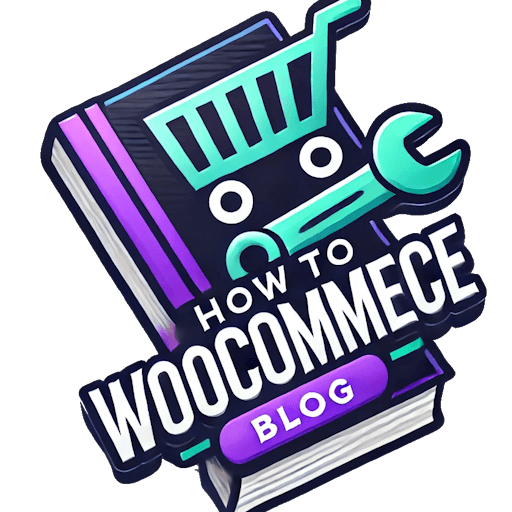How to Tie Premium WooCommerce Plugins to Accounts: A Comprehensive Guide
Introduction:
Premium WooCommerce plugins can significantly enhance your online store’s functionality, offering advanced features like subscriptions, bookings, membership capabilities, and more. However, ensuring that these plugins are properly tied to a user’s account is crucial for several reasons: license management, access control, and personalization. This article provides a step-by-step guide on how to effectively link your premium WooCommerce plugins to user accounts, maximizing their value and security. We’ll explore various methods and consider the pros and cons of each. Let’s dive in!
Main Part: Linking Plugins to Accounts
There are several ways to tie premium WooCommerce plugins to user accounts. The best method will depend on the specific plugin you’re using and your desired level of integration. Here are the most common approaches:
1. Plugin-Specific Account Integration
Many premium WooCommerce plugins offer built-in account integration features. This is often the most straightforward and recommended approach.
- Check the Plugin Documentation: The first step is always to consult the plugin’s documentation. Look for sections on account management, license activation, or user registration.
- License Key Activation: Typically, upon purchase, you’ll receive a license key. The plugin’s settings panel will have a dedicated field for entering and activating this key. This directly links the plugin functionality to your account and verifies your legitimate access.
- Automated Activation on Account Creation: Some plugins may offer options to automatically activate a license when a new user account is created. This simplifies the process for users and ensures they have immediate access to the premium features.
Example (Illustrative, not actual plugin code):
Let’s say you’re using a premium booking plugin. In its settings, you might find a section like this:
<?php /**
// License Key Section
echo ‘‘;
echo ”;
echo ‘‘;
// Automated Activation on Registration (Checkbox)
echo ‘‘;
echo ”;
?>
2. Using Dedicated Membership Plugins
If you’re selling access to features based on membership levels, consider using a dedicated membership plugin. These plugins excel at managing user roles and permissions, making it easy to grant access to premium plugin features based on a user’s membership status.
- Popular Membership Plugins: Examples include WooCommerce Memberships, MemberPress, Restrict Content Pro.
- Integration: These plugins typically allow you to restrict access to specific content, features, or even entire plugins based on membership level.
- Automation: Upon purchase of a membership, the plugin will automatically grant the user the appropriate permissions.
3. Custom Code Implementation (Advanced)
For more advanced control and tailored solutions, you can use custom code to link plugins to accounts. This requires programming knowledge (PHP) and a strong understanding of WordPress and WooCommerce.
- Hooks and Filters: Use WordPress hooks and filters to modify plugin behavior based on the user’s login status and other account information.
- Database Integration: Store information about which users have access to specific plugins in your database.
- API Integration: Some plugins offer APIs that allow you to programmatically manage licenses and access.
Example (Conceptual):
This demonstrates how you might use a hook to check if a user has access to a premium feature:
<?php add_action('woocommerce_before_single_product', 'check_premium_access');
function check_premium_access() {
if ( is_user_logged_in() && user_has_premium_access( get_current_user_id() ) ) {
// Display the premium feature
echo ‘
‘;
} else {
// Hide or restrict access to the premium feature
echo ‘
‘;
}
}
function user_has_premium_access( $user_id ) {
// Custom logic to check if the user has premium access (e.g., database lookup, membership check)
// Return true if the user has access, false otherwise.
// Example: Check if user has membership ‘premium’
$user = new WP_User( $user_id );
if ( in_array( ‘premium’, (array) $user->roles ) ) {
return true;
}
return false;
}
?>
Important Considerations:
- Security: When implementing custom code, prioritize security. Properly sanitize user inputs and protect against vulnerabilities like SQL injection.
- Performance: Ensure your code is optimized for performance. Avoid unnecessary database queries or resource-intensive operations.
- Plugin Updates: Be mindful of plugin updates. Updates can sometimes break custom code, so you’ll need to test and adjust your code accordingly.
- Data Privacy: Respect user data privacy. Only collect and store information that is necessary for managing plugin access.
Conslusion:
Tying premium WooCommerce plugins to user accounts is essential for license management, controlled access, and providing personalized experiences. Choose the method that best suits your technical skills and the specific requirements of your plugins. Prioritize plugin-specific integration where available. For advanced solutions, consider membership Read more about Woocommerce How To Invoice With Wholesale Numbers plugins or custom code, but always prioritize security and performance. By implementing a robust account linking strategy, you can ensure that your premium WooCommerce plugins function effectively and securely, providing a valuable experience for your customers and protecting your investment. Regularly review your implementation to adapt to plugin updates and evolving user needs.

